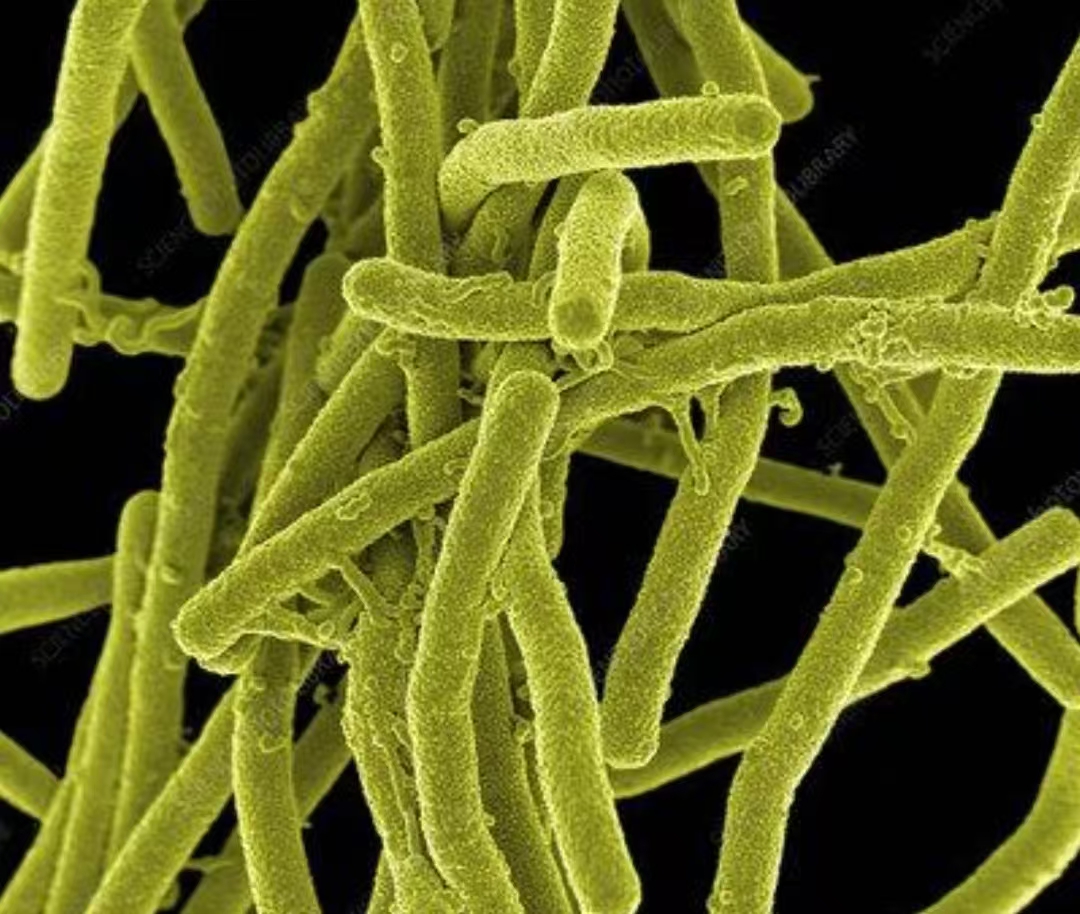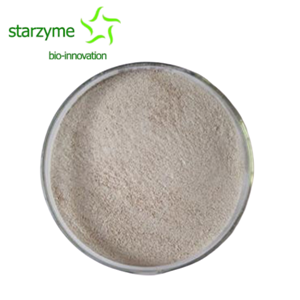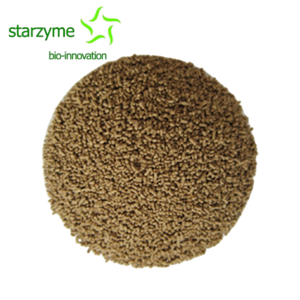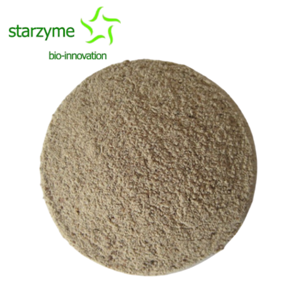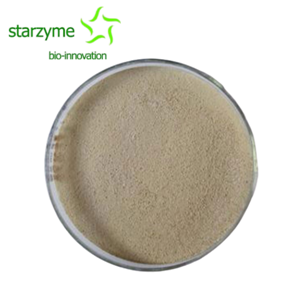What Is Bacillus Subtilis?
Bacillus subtilis is a species of Bacillus. It has a global CAS number of 68038-70-0. Bacillus subtilis is a Gram-positive bacteria, generally with spores of 0.6~0.9×1.0~1.5 microns, elliptical to columnar, located in the center of the bacteria or just slightly off. Bacillus subtilis does not swell after spore formation. The surface of the colony is rough and opaque, can be dirty, white, or slightly yellow, and often forms wrinkles when growing in a liquid culture medium.
Bacillus subtilis is aerobic. It consumes protein, various sugars and starch to decompose tryptophan to form indole. Widely used in genetic research, Bacillus subtilis' synthesis pathway of purine nucleotides and its regulatory mechanism are well studied. Furthermore, Bacillus subtilis is widely distributed in soil and corrupted organic matter, easy to reproduce in the juice of dead grass.
Some specific strains of Bacillus subtilis are important producers of α-amylase and neutral protease; some strains have enzyme systems that strongly degrade nucleotides, so they are often used as parent strains for breeding nucleoside-producing bacteria or for producing 5'-nucleotidase.

